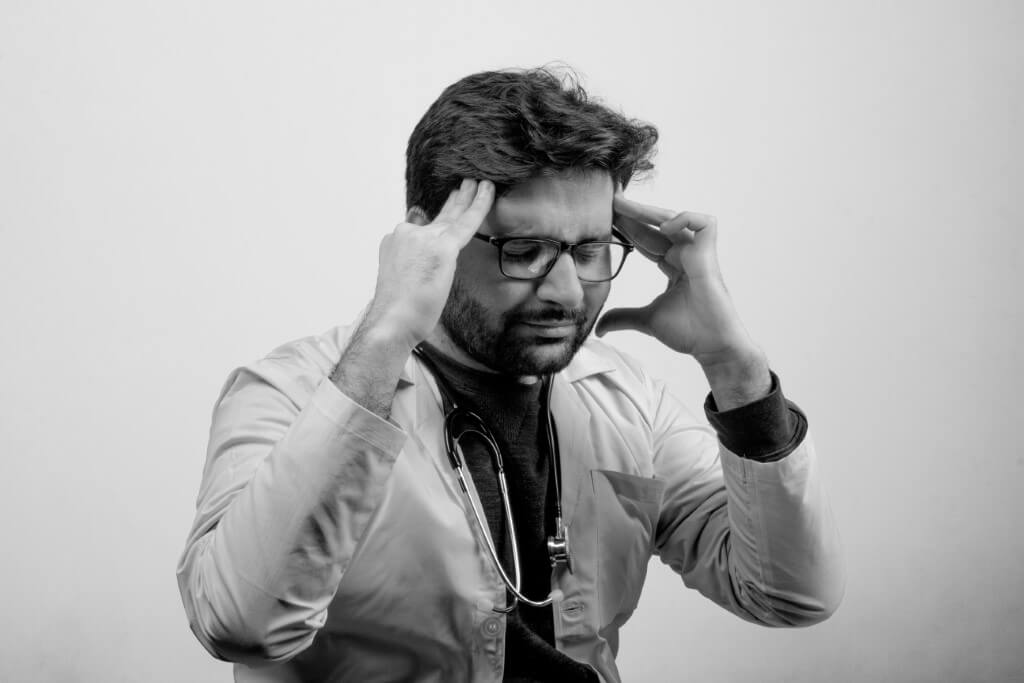Speaking multiple languages is a skill that opens doors to new cultures, enhances communication, and broadens horizons. But what happens when someone takes multilingualism to the extreme? In this exploration, we delve into the fascinating world of polyglots and hyperpolyglots, individuals with an extraordinary command of numerous languages.
Before we embark on this linguistic journey, let’s clarify the terminology. You’re considered bilingual if you speak two languages. Add a third, and you become trilingual; four, and you’re quadrilingual. But what if your linguistic prowess extends to ten, twenty, or even thirty languages? Depending on where you draw the line between awe-inspiring and unbelievable, you might fall into the categories of polyglot or hyperpolyglot.
The term “polyglot” derives from the Greek word “polyglōttos,” meaning “many-headed.” Traditionally, a polyglot refers to someone who speaks six or more languages. A hyperpolyglot takes it a step further, mastering twelve or more languages. The road to achieving such linguistic mastery is a winding one, paved with dedication and a passion for languages.
Discovering who holds the title of the greatest polyglot in history is a pursuit filled with challenges. The primary issue lies in defining what it means to “speak” a language. Does the ability to read and write in fifty languages outweigh fluency in one hundred? Can speaking ten distinct regional dialects be considered the same as fluency in ten separate languages? These questions underscore the complexity of the quest.
While we may never pinpoint the ultimate polyglot, we do have candidates who have left their mark on linguistic history.
Ziad Fazah
Ziad Fazah, a name that often surfaces in discussions of polyglots, claims to speak over 60 languages, although the precise number remains unclear. While his extensive linguistic repertoire is noteworthy, it comes with a fair share of skepticism. In a televised appearance, Ziad struggled to answer basic questions in languages he purportedly mastered, raising doubts about the accuracy of his claims.
Despite the doubts surrounding his abilities, Ziad Fazah’s dedication to learning languages is undeniable. It’s possible that he once excelled in the languages he now struggles with, and his achievements remain a testament to his linguistic journey.
Alexander Arguelles
Alexander Arguelles, a more credible contender in the world of polyglots, boasts a functional knowledge of approximately fifty languages. While he doesn’t pin down an exact number, Alexander’s statement, “Now, I can read about three dozen languages and speak most of them fluently, and I’ve studied many more,” underscores the depth of his linguistic expertise.
Alexander attributes his remarkable talent to countless hours spent studying languages in both academic and real-world settings. His dedication and passion for languages have propelled him into the ranks of noteworthy polyglots.
Richard Donner
Richard Donner, a teenager with the potential to become a hyperpolyglot, stands as a testament to the enduring fascination with multilingualism. Fluent in twenty languages at a young age, Richard’s commitment to linguistic diversity is commendable. What sets him apart is his preference for challenging languages, such as Urdu and Russian, over easier ones like Spanish, demonstrating his thirst for linguistic complexity.
The Gendered Phenomenon of Polyglotism
Remarkably, all the individuals mentioned thus far in the pursuit of polyglotism have been men. This phenomenon has prompted speculation about the connection between gender and multilingualism. Some researchers, including autism specialist Professor Simon Baron-Cohen, have explored the idea that severe polyglotism may be linked to autism. Baron-Cohen posits that individuals with autism possess an “excessively masculine brain” and exhibit an intense drive for excellence in specific areas, including language.
Historical Polyglots
While contemporary polyglots inspire us with their linguistic feats, history offers us a glimpse of legendary figures like Cardinal Giuseppe Caspar Mezzofanti. Living in the 18th and 19th centuries, Cardinal Mezzofanti is said to have been fluent in a staggering 72 languages, although estimates vary widely. His mastery of English, in particular, was legendary during his lifetime.
Cardinal Mezzofanti’s linguistic abilities extended to a multitude of dialects, some of which were so distinctive that they could be considered full languages in their own right. His accomplishments were awe-inspiring, considering that he lived in the 19th century when language resources were far more limited. Mezzofanti’s linguistic legacy remains a testament to the boundless potential of the human mind.
Emil Krebs
Emil Krebs, a hyperpolyglot of his time, was known for his command of sixty-five languages. Krebs even took delight in translating the phrase “kiss my ass” into forty different languages, showcasing his fascination with linguistic diversity. Notably, Krebs considered Chinese the most challenging language to learn, a testament to his determination.
Krebs’s extraordinary passion for languages led him to immerse himself fully in the pursuit of linguistic knowledge. His fervor for language remained undiminished even after his passing in 1930, leaving a lasting impression on the scientific community.
Sir John Bowring
Among the historical figures who claimed mastery over numerous languages, Sir John Bowring, the fourth governor of Hong Kong, stands out. Bowring asserted that he had a working knowledge of 200 languages and could communicate with people in 100 of them. While specific details about his proficiency in these languages remain scarce, Bowring’s lifelong dedication to the study of language makes his claim plausible.
More Fascinating Facts
Invention of Constructed Languages: Some polyglots have mastered constructed languages like Esperanto and Klingon in their pursuit of linguistic diversity. These languages, created for various purposes, add to the complexity of language mastery.
The Significance of Dead Languages: While living languages dominate discussions of polyglotism, some individuals specialize in dead languages like Latin, Ancient Greek, or Sanskrit, contributing to the preservation of ancient knowledge.
Influence of Memory Techniques: Many hyperpolyglots employ memory techniques, such as the Method of Loci or mnemonic devices, to retain vast vocabularies across multiple languages, enhancing their language-learning capabilities.
Languages of Remote Regions: Some polyglots are known for their proficiency in languages spoken by indigenous peoples in remote regions, highlighting their commitment to preserving endangered linguistic traditions.
Hyperpolyglot Authors: Several hyperpolyglots have authored books on language learning, sharing their unique insights and strategies, thereby inspiring others to embark on their own linguistic journeys.
YouTube Polyglot Communities: The rise of YouTube has led to the formation of online polyglot communities, where individuals share their language-learning experiences, techniques, and even compete in language challenges.
Polyglot Challenges: Polyglot gatherings and conventions often feature language challenges where participants engage in rapid language switching, showcasing their ability to seamlessly transition between multiple languages.
Artificial Intelligence Assistance: Some hyperpolyglots use artificial intelligence tools and language-learning apps to enhance their linguistic proficiency, marking the integration of technology into the world of polyglotism.
Multilingual Composers and Musicians: Talented composers and musicians often demonstrate their linguistic versatility by creating music in multiple languages, showcasing their ability to blend language and artistry.
Language Evolution Enthusiasts: Some polyglots dedicate their efforts to tracking the evolution of languages over time, making connections between ancient and modern languages to unravel the linguistic tapestry of human history.
As we reflect on the remarkable achievements of polyglots and hyperpolyglots throughout history, it becomes clear that the human capacity for language knows no bounds. The pursuit of multilingualism, whether driven by passion, dedication, or curiosity, continues to enrich our understanding of language’s intricate tapestry.
So, the next time you encounter someone bilingual or trilingual, remember that the world of polyglots and hyperpolyglots holds individuals who have ventured into the realm of speaking dozens, and possibly even more than a hundred, languages. Their stories remind us that language, in all its diversity, is a testament to human potential and an avenue for connecting with the world’s myriad cultures.

